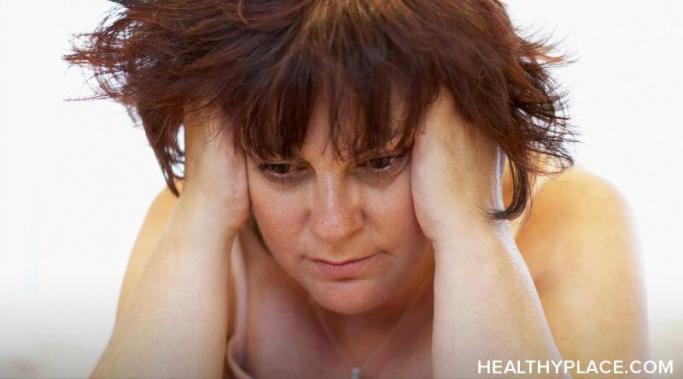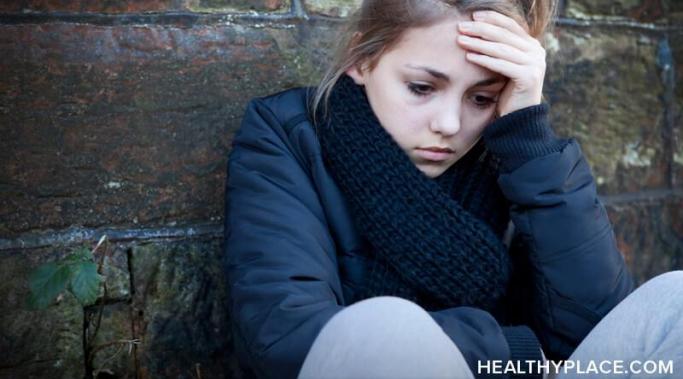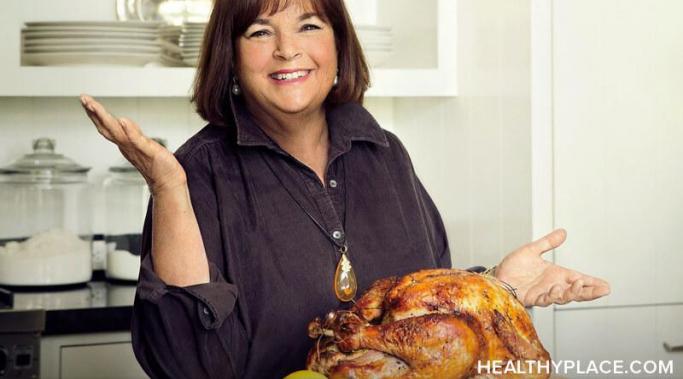I am turning 41 years old this April. Getting older is hard for everyone, but it’s especially hard when you have a chronic illness such as schizoaffective disorder. Here’s why.
Living with Schizophrenia
COVID-19, or coronavirus, is definitely taking a toll on my schizoaffective anxiety. I haven’t heard voices because of the stress (thankfully), but this is a case where I can’t tell myself I’m worrying about nothing, because everyone else in the world is freaking out about the same thing I am.
March 11 is a very important landmark date for me. This year, it marks the eighth anniversary of being smoke-free with schizoaffective disorder. Winning the battle to become smoke-free is no small feat, especially when you have a mental disorder. Here’s how I’m celebrating--as well as some insights I’ve gained over the years since I became smoke-free.
I am not a fan of diet culture. I abhor the idea that thinness is the ultimate ideal, and that all people, particularly women, should strive to be skinny above all else. Yet, here I am, dieting because of weight gained from taking antipsychotic medication for my schizoaffective disorder.
Living with schizoaffective anxiety sometimes makes me afraid to do pretty much anything. So, I often do things even though I’m afraid because, if I didn’t do them, I couldn’t function. But since, as I’ve said, I’m anxious about doing so many things, I have to work up a lot of courage to accomplish tasks other people do without a second thought.
It’s the time of year when seasonal affective disorder (SAD) and schizoaffective disorder really affect me. It’s late winter, the sparkle of the holidays has faded, and my SAD revs into high gear. This is an extension of the depression I experience with my schizoaffective disorder. Here’s how SAD and schizoaffective disorder have been affecting me this year.
I went to a party. It's a big deal because schizoaffective anxiety caused me to stop going to parties for many years. But then my doctor and I did a medication change that made my schizoaffective voices all but disappear. I previously had been hearing the voices as often as twice a week, sometimes more, and that made me dread parties and the thought that voices might erupt in the middle of one. This medication change has made me a lot more confident about doing things, so, when my husband Tom and I were invited to go to a party, I decided to go.
Because of my schizoaffective disorder, I often don’t enjoy the holidays. I get anxious, stressed out, and overwhelmed. But during this past holiday season, things went relatively well, despite my schizoaffective disorder. I actually enjoyed the festivities instead of just getting through them. I have a few ideas as to why and I’d like to share them.
I need a plan for the holidays. You see, when I was about 11 or 12 years old, I decided I didn’t like Christmas because it’s the one day in the year when you’re not allowed to be in a bad mood. This occurred many years before I was diagnosed with schizophrenia and then schizoaffective disorder. But even at a young age, I was having mood swings that I didn’t understand might be anything unusual and didn’t tell my parents about.
Recently, my excellent therapist suggested that I try to start needing reassurance less often from other people. My schizoaffective disorder makes me doubt myself and second-guess myself a lot, so I often ask other people if something I’m doing or did or that happened is okay. But doing that only reinforces the idea that I’m not capable. So I’m trying to be more independent. Here’s how needing reassurance less often is going.









